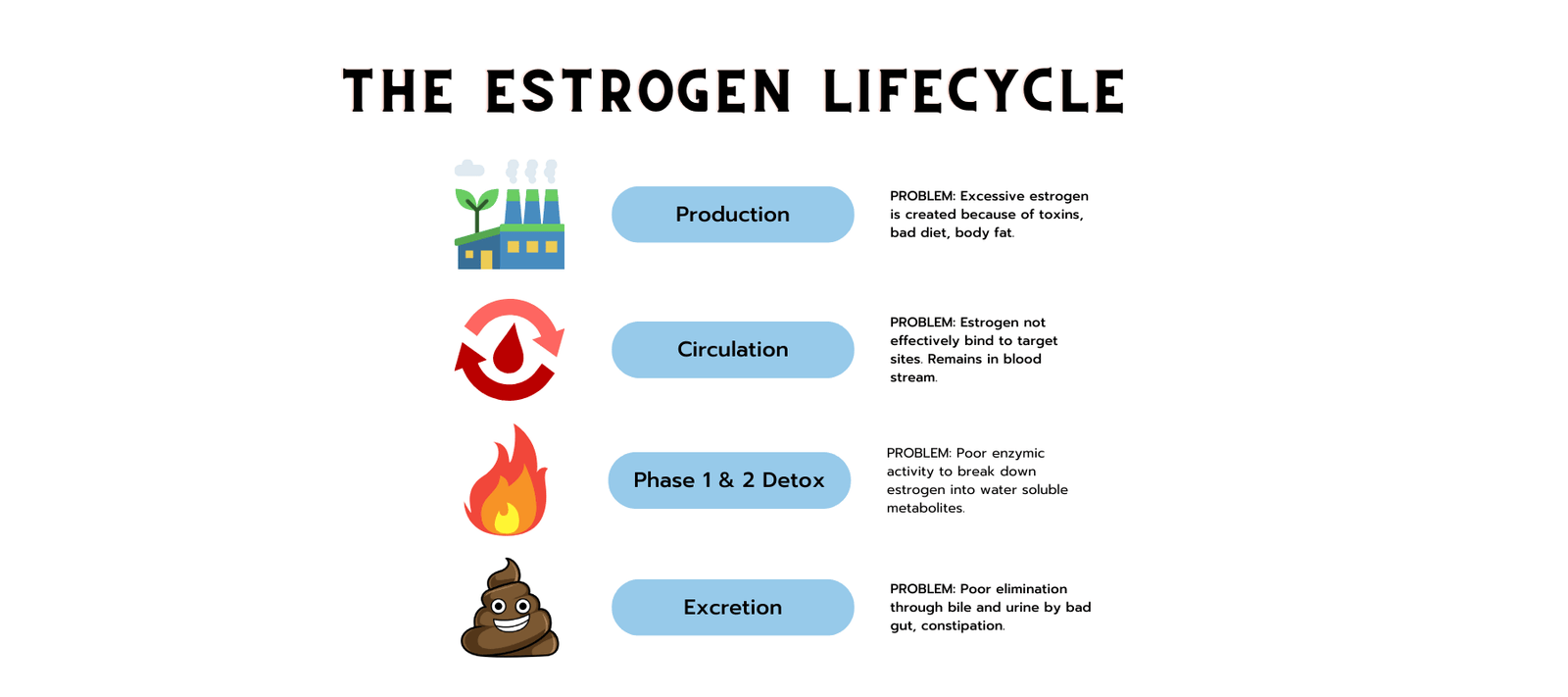Trans-Resveratrol is an antioxidant supplement extracted from grapes. It is structurally similar to Pterostilbene, but it's much more widely studied.
Everybody should take at least one antioxidant supplement. They protect brain-cells from "rusting" due to being exposed to oxygen - a process called oxidative stress.
Table of Contents
- Quick overview of Trans-Resveratrol
- What is Trans-Resveratrol?
- Studies on neuroprotection
- How to take Trans-Resveratrol
- Alternatives to consider
1. Quick overview of Trans-Resveratrol
- Benefits:Protecting the brain from oxidative stress
- Actions: Its antioxidant properties protects cells from oxidative stress.
- Dietary sources: Grapes
- Who is it good for? People that lack fruit in their diets.
- Quality of studies: Over 9,000 publications on Pubmed. Much more research compared to the very similar Pterostilbene.
- Recommended dose: 100mg - 300mg per day
- Alternatives:Pterostilbene, Alpha Lipoic Acid
2. What is Trans-Resveratrol?
Similar to Pterostilbene, Trans-Resveratrol is a powerful antioxidant derived from grapes. It protects the brain from oxidative stress and has been studied to have a neuroprotective effect on the memory region of the brain.
When we breath in oxygen or eat, we take in unstable molecules called "free radicals" that break-down cells (including brain-cells) if you don't have enough antioxidants to fight them.

3. Studies on neuroprotection
1. Trans-resveratrol was studied to have a neuroprotective effect on the hippocampus memory region of the brain. (Universitat de Barcelona - 1)
2. Trans-resveratrol has powerful antioxidant properties which help to protect brain tissue from degenerating due to oxidative stress. (Auburn University - 2)
3. Trans-resveratrol has been shown to have anti-inflammatory and anticarcinogenic properties. (Universidad de Santiago de Compostela - 3)
4. "Resveratrol, an active ingredient of red wine extracts, has been shown to exhibit neuroprotective effects in several experimental models." (McGill University - 4)
4. How to take Trans-Resveratrol
1. Recommended dose: I'd recommend taking between 100mg - 300mg of Trans-Resveratrol per day.
2. Cycling: You don't need to cycle Trans-Resveratrol. Like other antioxidants, it's good to always take them.
5. Alternatives to consider
1. Pterostilbene -A structurally similar antioxidant with the same neuroprotective properties.
2. Alpha Lipoic Acid -A "wildcard" antioxidant rich in vitamins C and E and capable of replacing a fruit-deficient diet.
References:
- Universitat de Barcelona - https://www.ncbi.nlm.nih.gov/pubmed/25024312
- Auburn University - https://www.ncbi.nlm.nih.gov/pmc/articles/PMC3791828
- Universidad de Santiago de Compostela - https://www.ncbi.nlm.nih.gov/pubmed/16457641
- McGill University - http://pubmedcentralcanada.ca/pmcc/articles/PMC1574264/





Leave a comment (all fields required)